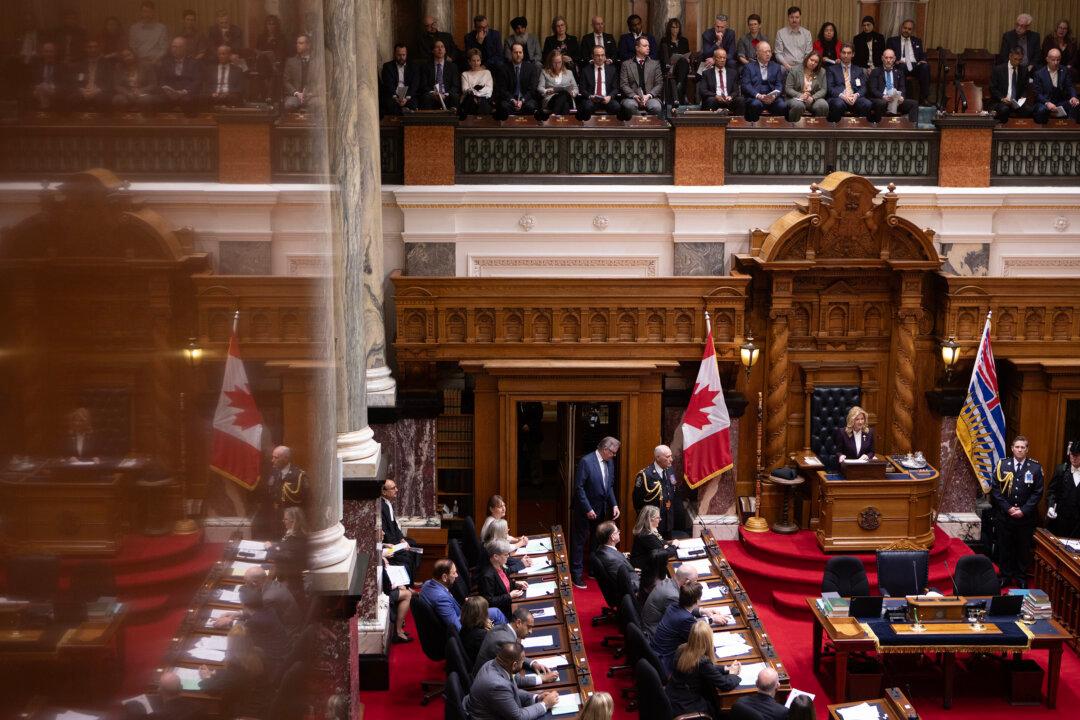OTTAWA—Andrew Scheer made a pre-campaign play for parental votes Tuesday as he promised that a Conservative government would introduce a tax credit for new mothers and fathers receiving special employment insurance benefits so they can stay home with a new child.
The government taxes employment insurance benefits for new parents, along with any employer top-up, while on maternity or parental leave, although parents can be in for a surprise at tax time if not enough money was deducted off each payment.





